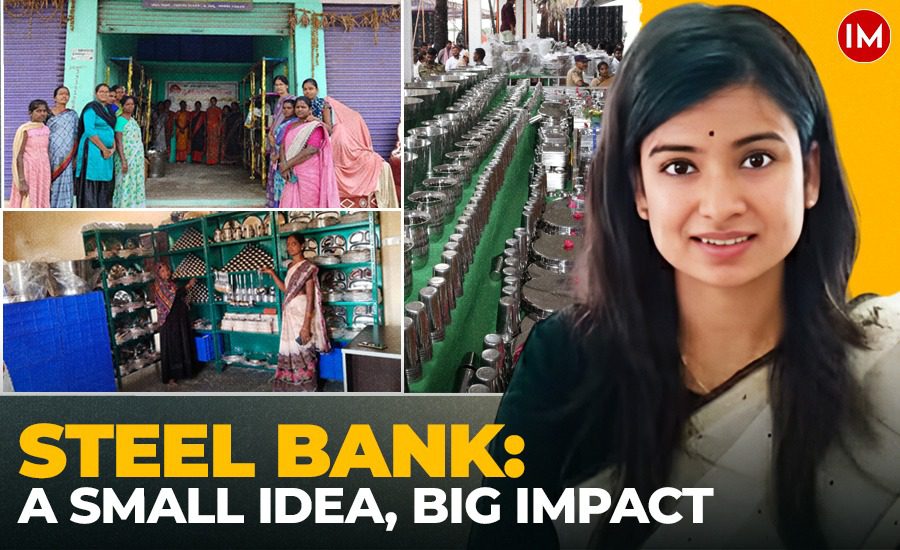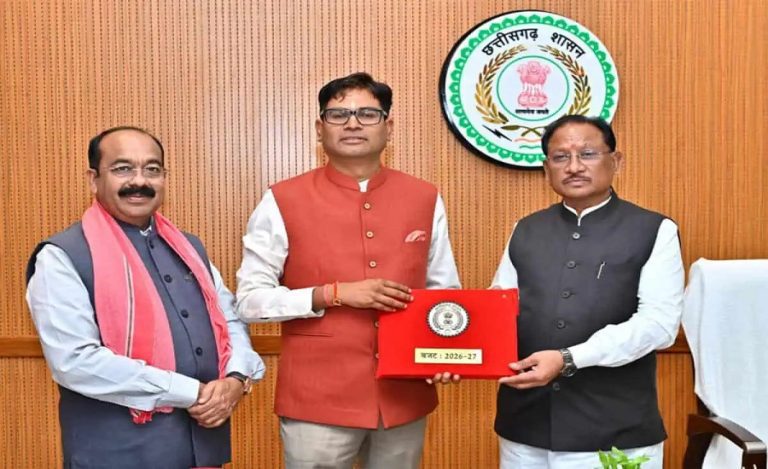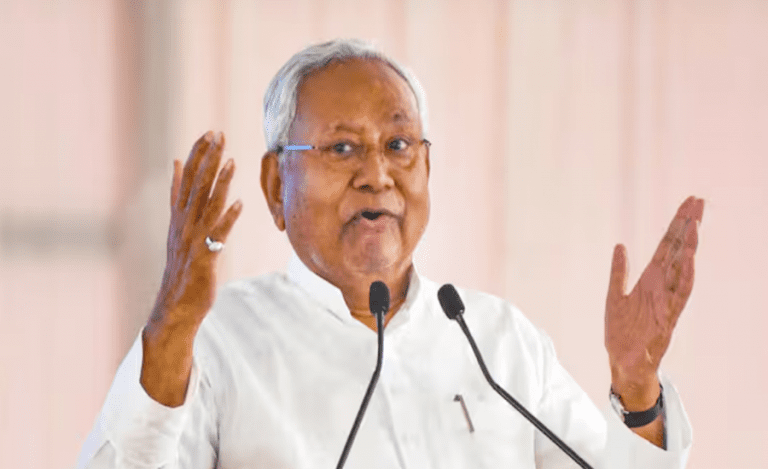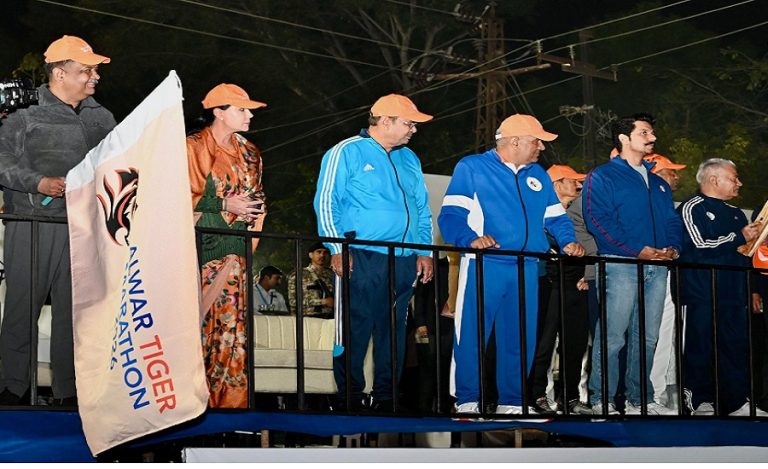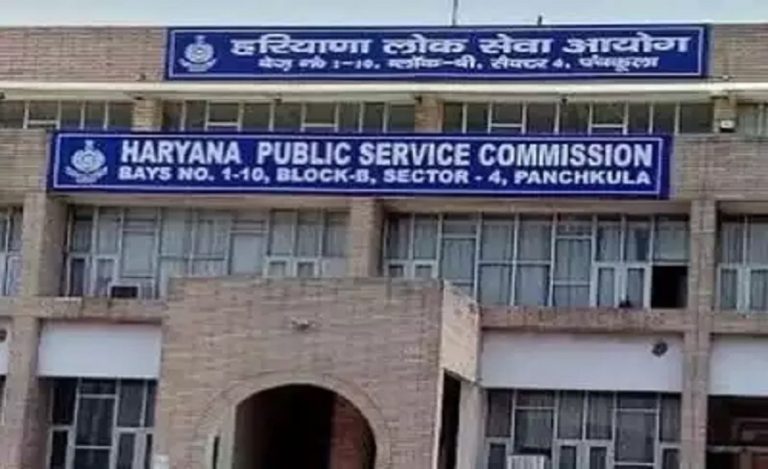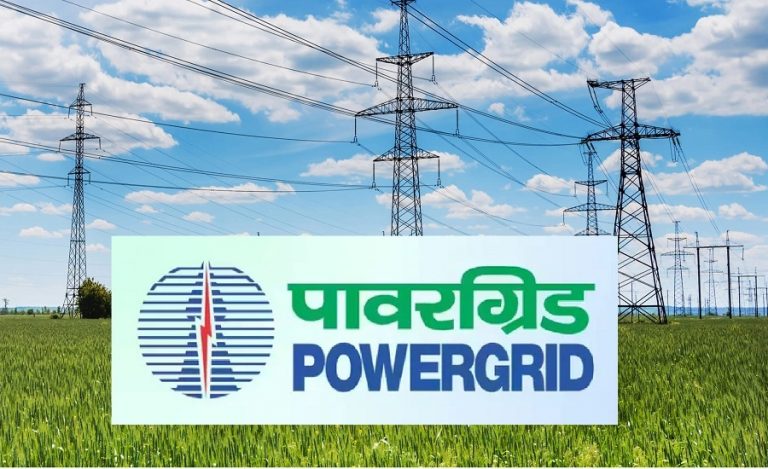In Telangana’s Siddipet district, a grassroots initiative is tackling the widespread use of single-use plastics. Spearheaded by IAS officer Garima Agrawal, a 2019-batch Telangana cadre officer and Additional Collector, Siddipet, the “Steel Banks” programme promotes reusable steel utensils to replace disposable plastic items. Launched in 2023, this effort has expanded across the district’s 499 gram panchayats and five municipalities, engaging government offices, self-help groups, and local communities. By combining strategic enforcement, community outreach, and local funding, the initiative is reducing plastic waste while fostering sustainable habits.
A PHASED APPROACH TO CHANGE
The Steel Banks initiative began within government offices to establish a controlled environment for change. “We started with our own offices because we could control the environment there,” Ms Agrawal told Indian Masterminds. Weekly meetings at block and village levels replaced plastic water bottles and cups with steel alternatives, setting a precedent in the district’s collectorate and other administrative spaces. Even large gatherings, such as ministerial meetings with hundreds of attendees, now use steel glasses, bottles, and water coolers.
The initial focus on government staff ensured quick adoption. “It’s easier to enforce changes among staff than the general public,” IAS Garima Agrawal explains. This step allowed the administration to model plastic-free practices, creating a visible example for communities. The collectorate now serves as a showcase, with all meetings using steel or ceramic utensils, proving that sustainable alternatives are both feasible and effective.
EMPOWERING COMMUNITIES THROUGH SELF-HELP GROUPS
To extend the initiative’s reach, the administration targeted women’s self-help groups (SHGs), leveraging their influence in rural households. Village-level camps educated communities about the health risks of single-use plastics, particularly disposable plates coated with non-biodegradable plastic films. “People often assume green ‘paper’ plates are eco-friendly, but most have a plastic layer that isn’t biodegradable,” Ms Agrawal notes. These campaigns emphasised the dangers of microplastics, linking plastic use to serious health issues like cancer.
The initiative also connected with cultural practices, reminding communities of traditional steel utensil use during festivals and events. SHG women became key advocates, promoting steel banks within their families and villages. “Some people told us, ‘Twenty years ago, we used steel plates for events. This is just going back to our roots,’ ”Ms Agrawal recalls. This resonance with local traditions helped overcome the convenience of cheap, disposable plastics.
TANGIBLE RESULTS AND EXPANSION
The initiative has delivered measurable outcomes. Gram panchayat reports indicate a reduction of 6 to 8 kilograms of plastic waste per event, totalling approximately 28 quintals per month across rural areas. During the 2023 Legislative Assembly and Lok Sabha elections, Ms Agrawal, as the returning officer for one constituency, ensured all election-related activities were plastic-free. “We provided steel bottles and glasses at polling centres, which made a noticeable difference,” she shared with Indian Masterminds.
Funding for the steel banks combines local and external resources. Initial setups in gram panchayats and municipal offices, costing around ₹15,000 per bank for 50-person utensil sets, were supported by existing budgets. As the programme expanded to SHGs, funding diversified, with some groups contributing their own money and others receiving corporate social responsibility (CSR) support. The Husnabad constituency’s MLA donated 38 steel banks worth ₹50 lakh, while the Siddipet MLA provided 15 banks. Political support across party lines has been a key driver in scaling the initiative.
BALANCING ENFORCEMENT AND EDUCATION
The programme pairs enforcement with community engagement. Telangana’s Government Order (GOMS 40) bans single-use plastics, including bags, earbuds, and spoons, with penalties up to ₹1 lakh for violations. The administration has applied these penalties selectively to signal seriousness without overburdening small vendors. Simultaneously, 154 awareness camps, each attended by over 1,000 women, featured lectures by doctors and district officers on the health impacts of plastics. These efforts extended to cultural events like the Komuravelli Mallanna Jatara, where camps encouraged attendees to bring steel plates for community lunches, reducing plastic waste.
SCALING UP AND INSPIRING OTHERS
The initiative’s success has sparked ambitious plans. In Husnabad, the local minister has committed to equipping all 276 village organisations with steel banks, a ₹2.5–3 crore project. Siddipet municipality aims to provide a steel bank for each of its 47 wards. The administration is also exploring ways to integrate SHGs with other schemes, enabling them to run event management businesses with steel utensils, tents, and equipment like microphones.
The Steel Banks model has gained wider attention. After Ms Agrawal presented the initiative at a national Swachh Bharat Mission conference in Lucknow, Rajasthan adopted a similar approach. “We didn’t expect this level of adoption when we started,” Ms Agrawal admits. Telangana’s municipal department has also mandated at least one steel bank per municipality, with costs ranging from ₹1 lakh to ₹5 lakh per unit.
A COLLECTIVE EFFORT
The success of Steel Banks is a collective achievement. Ms Agrawal credits the district collector K Hymavati, IAS, the district’s panchayat officers, rural development officers, and municipal commissioners, along with predecessors like collectors Prashant Patil and Manu Choudary and additional collector Muzammil Khan (2017 batch). Political support from the Siddipet and Husnabad MLAs and all party has also been instrumental. “This isn’t about one person,” IAS Garima Agrawal emphasises. “It’s about the administration, elected representatives, and communities working together.”
Since its inception in 2023, the Steel Banks initiative has grown from a small experiment to a scalable model for reducing plastic waste. By blending enforcement, awareness, and practical alternatives, Siddipet is setting a precedent for sustainable change—one steel plate at a time.

